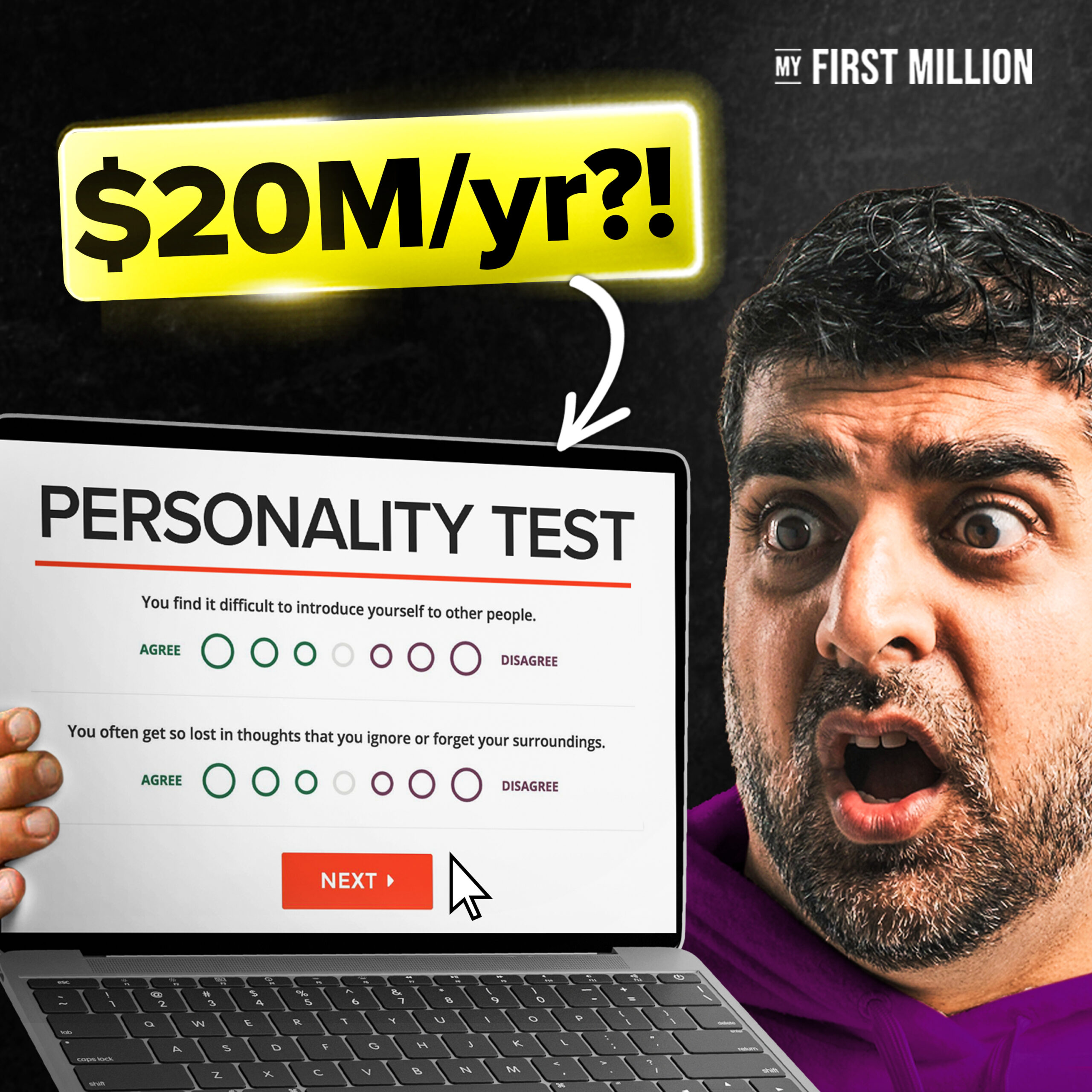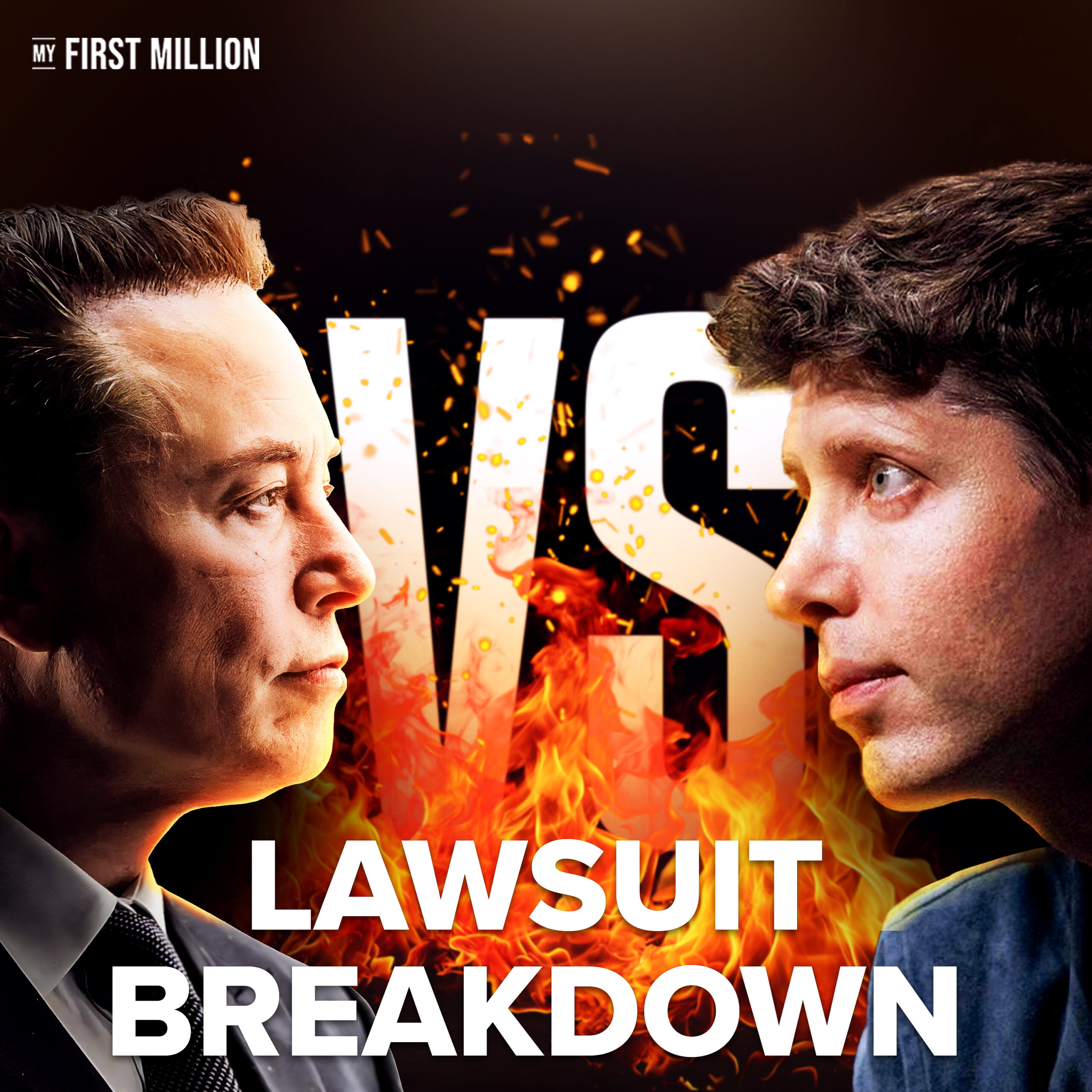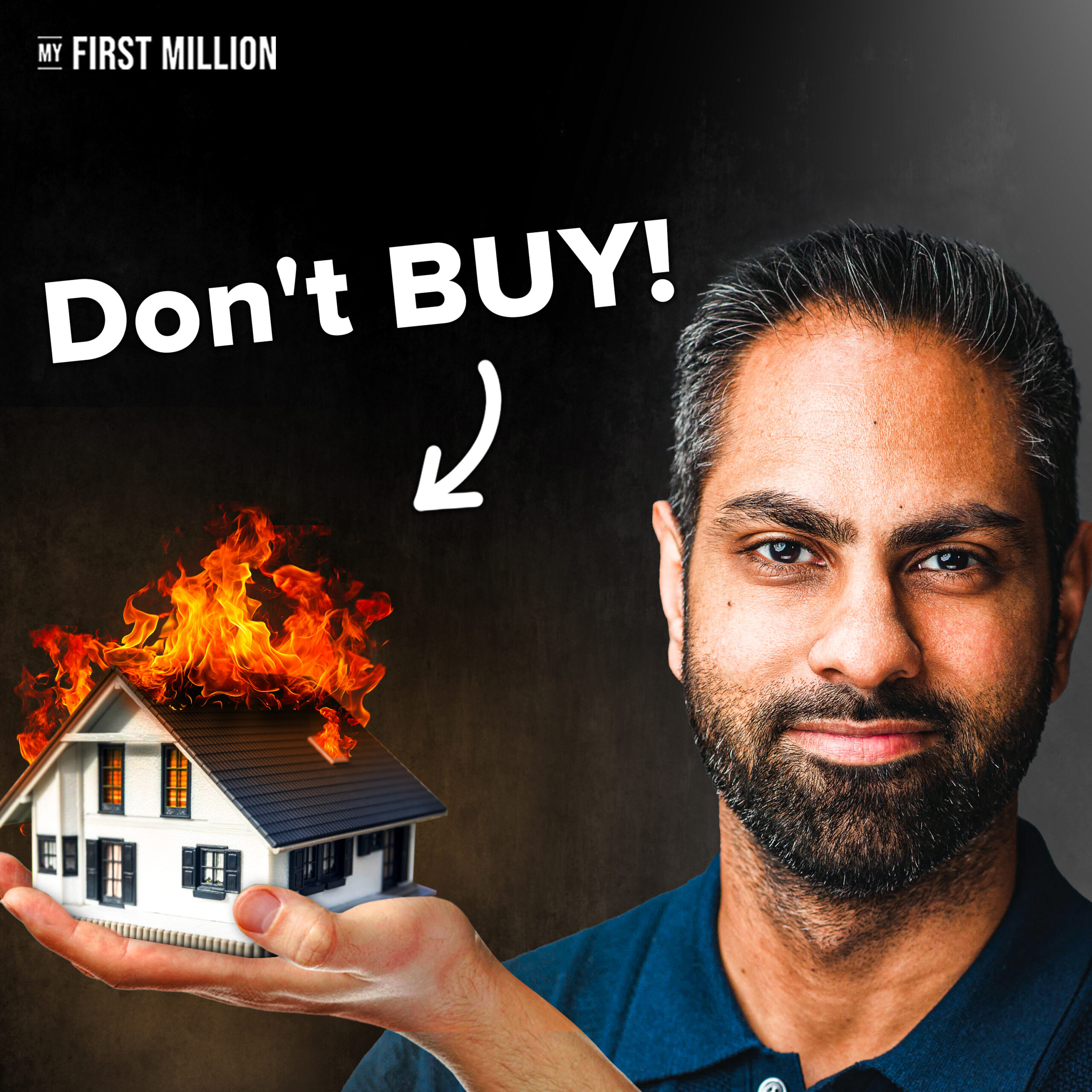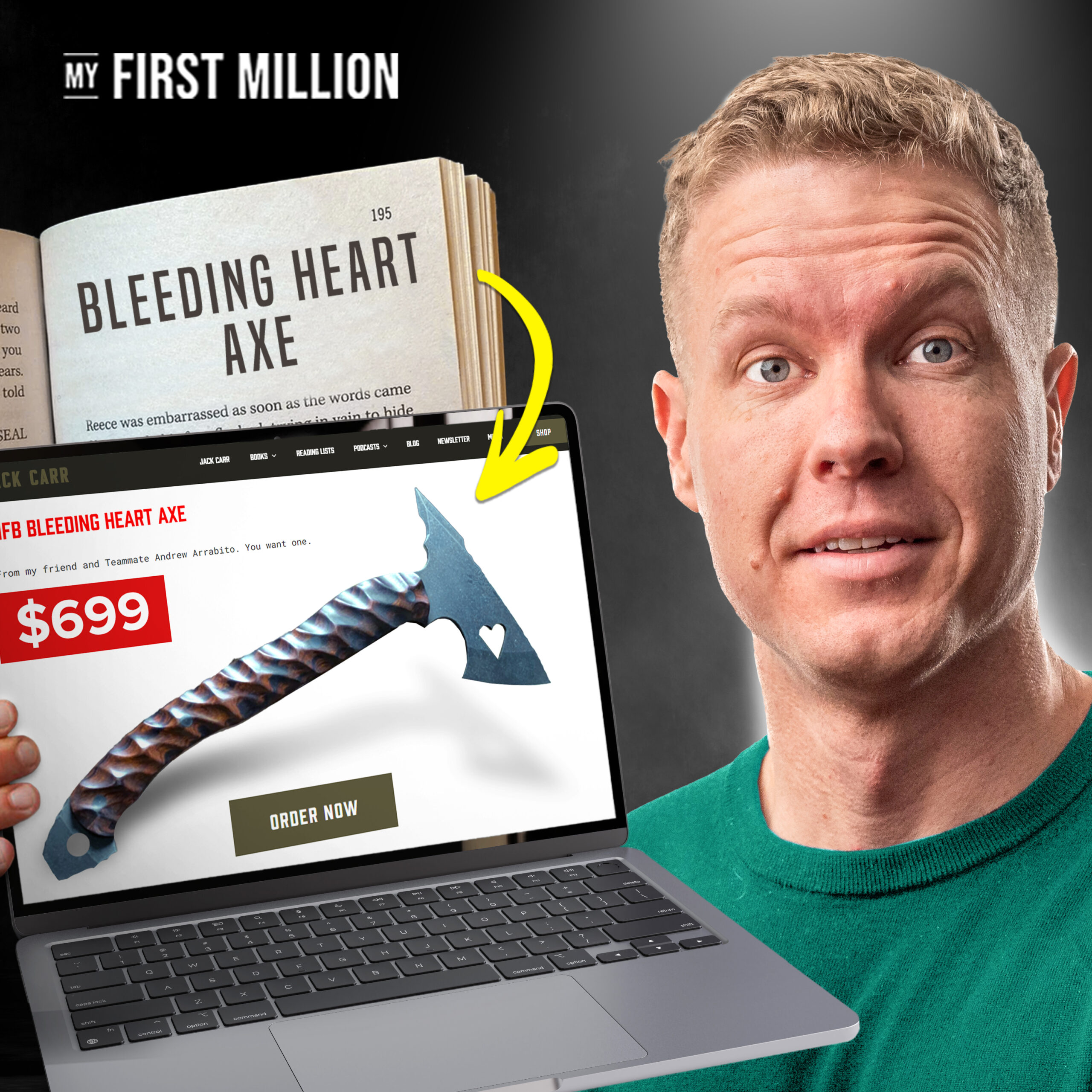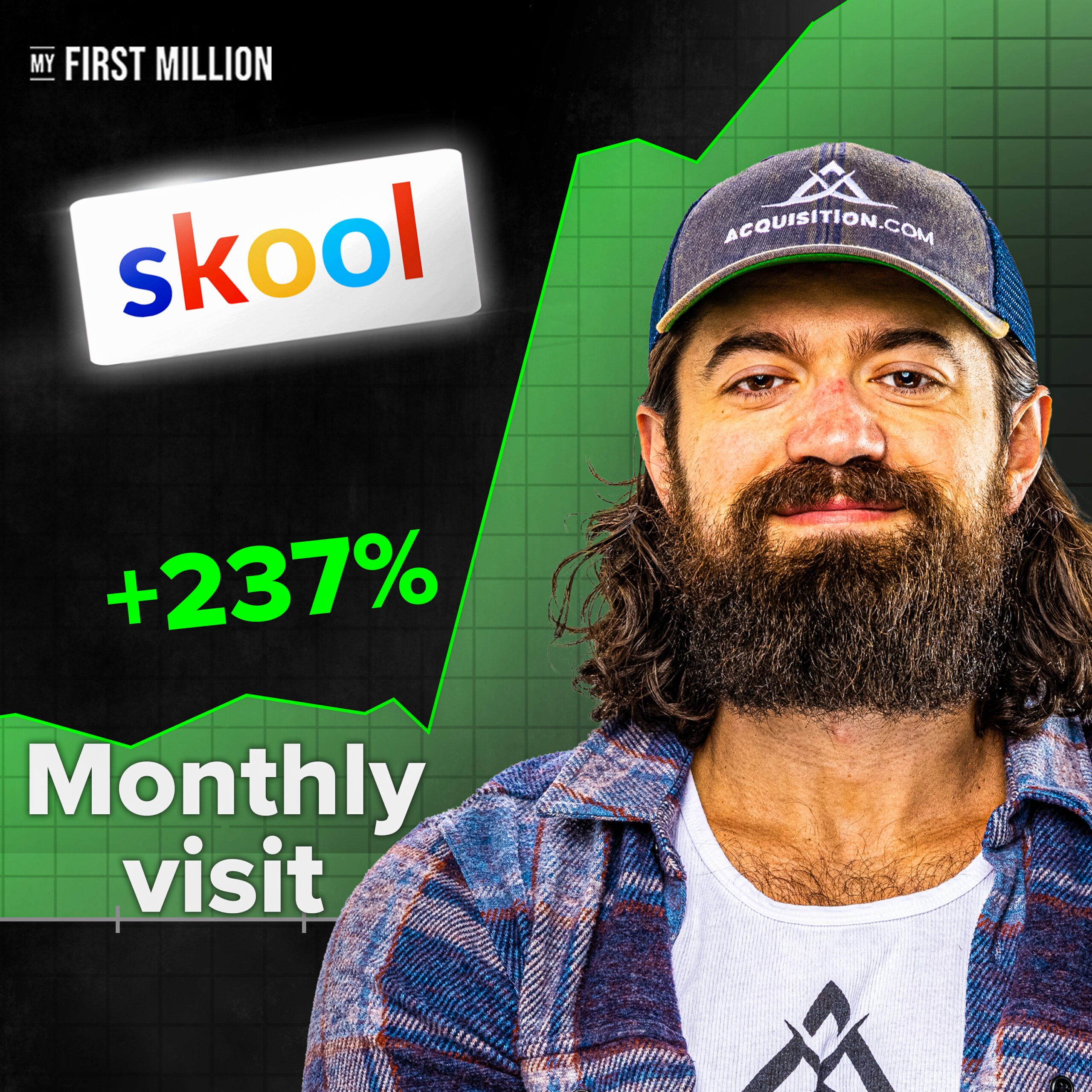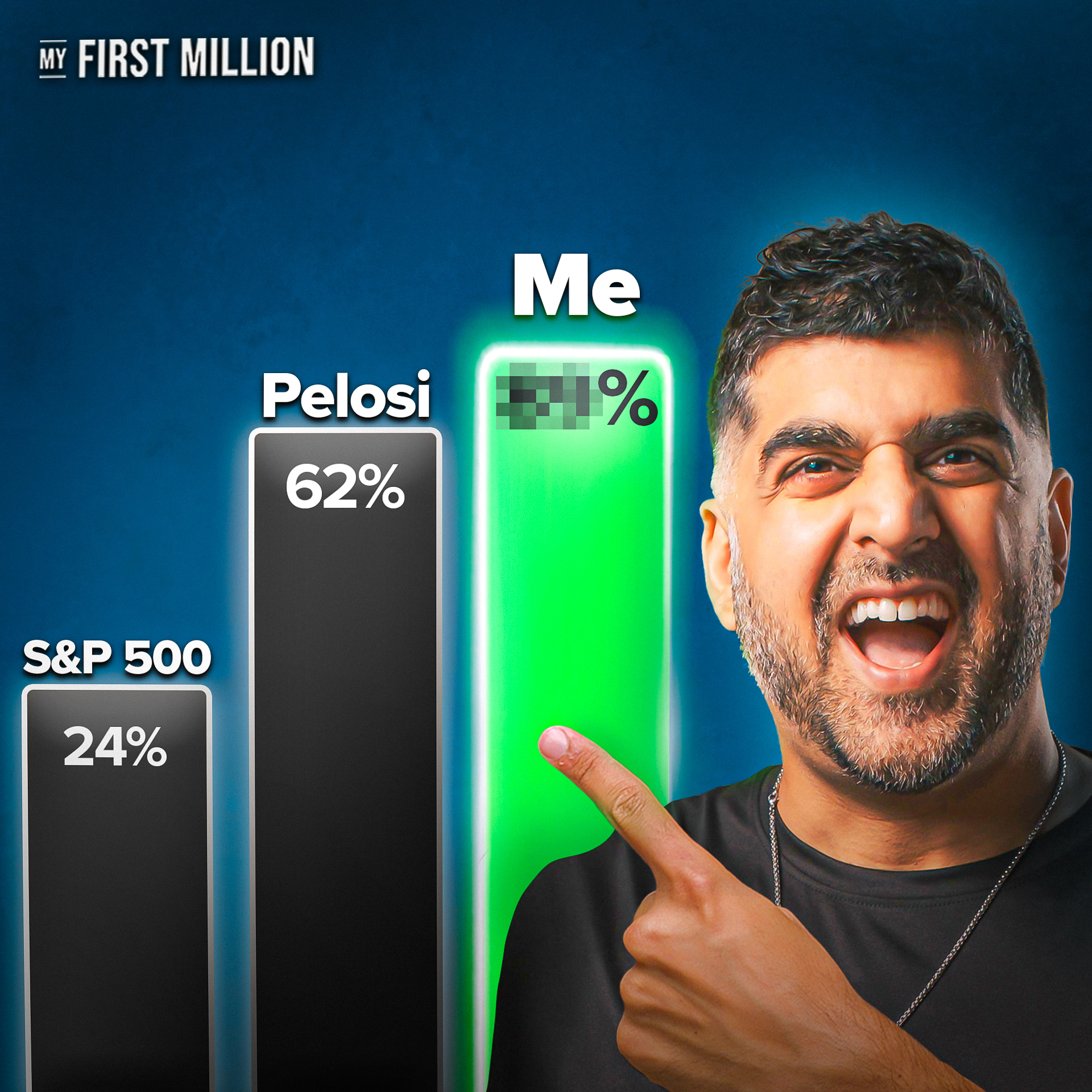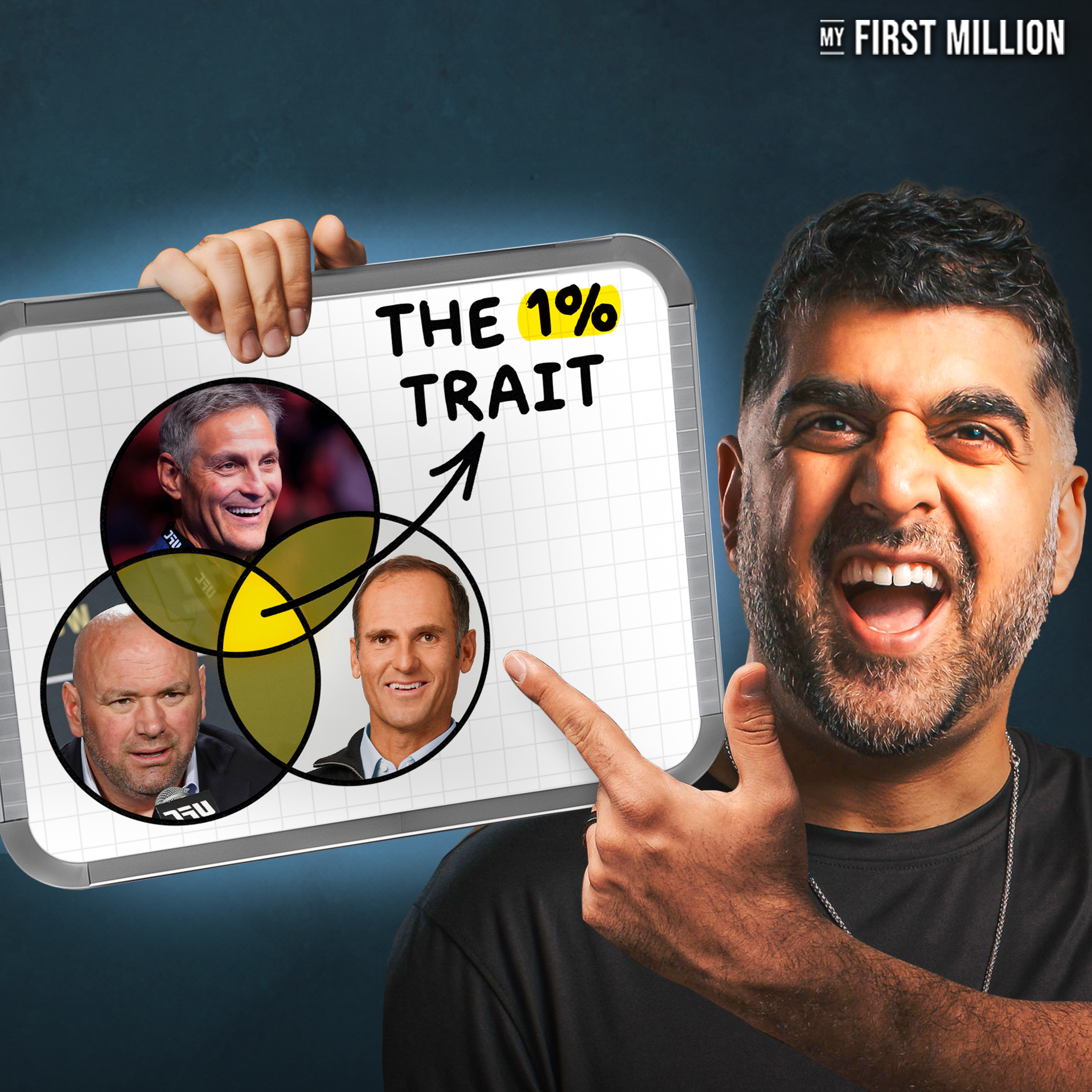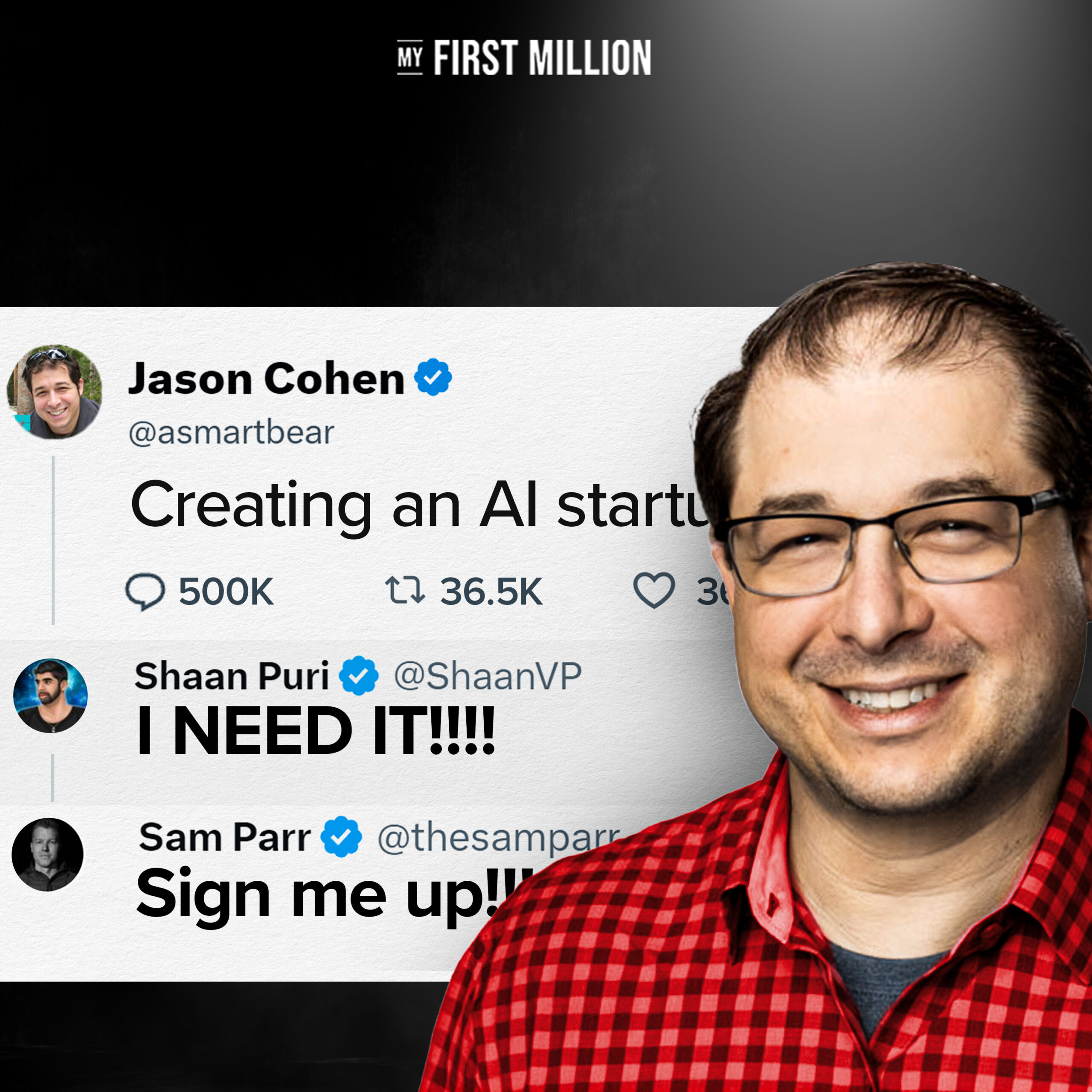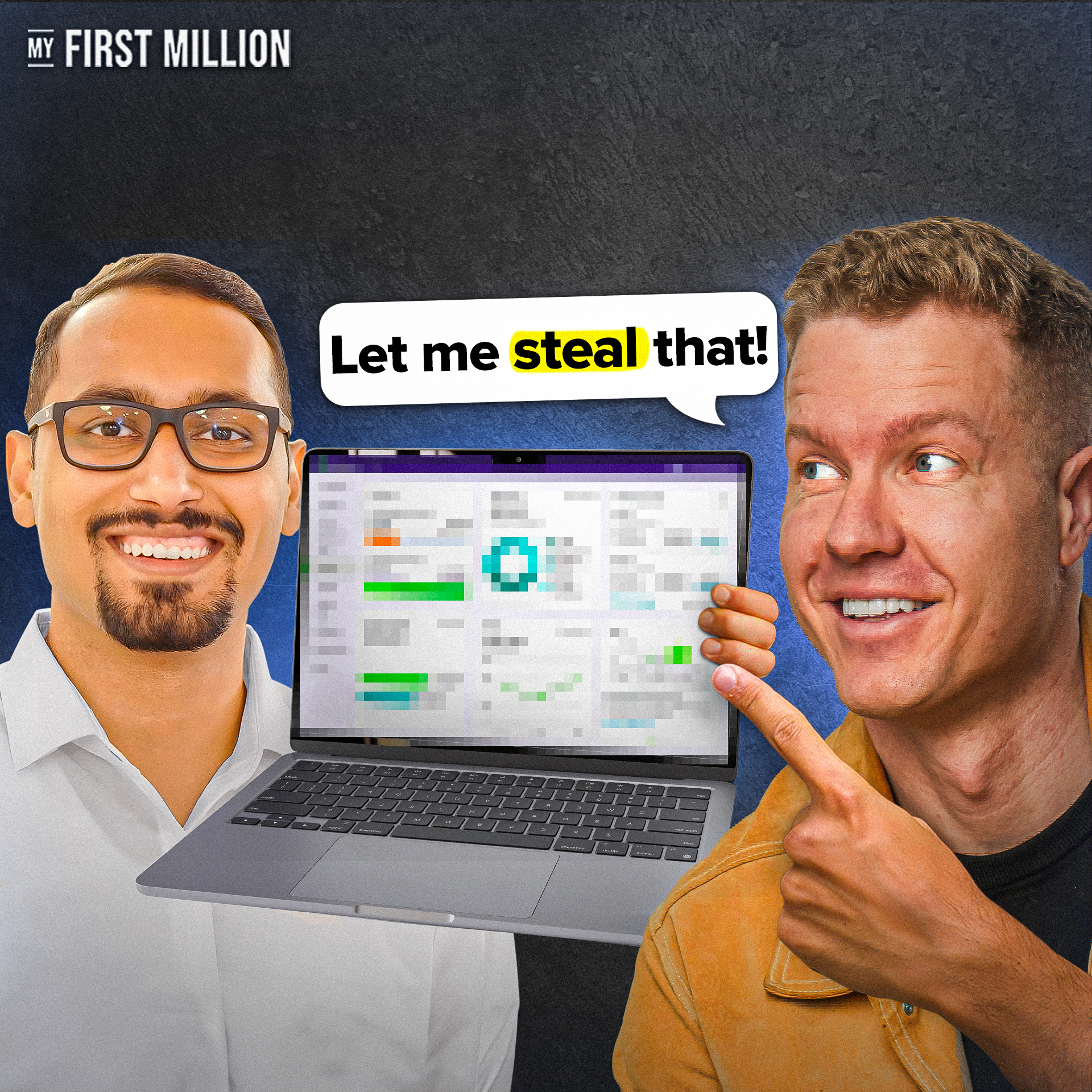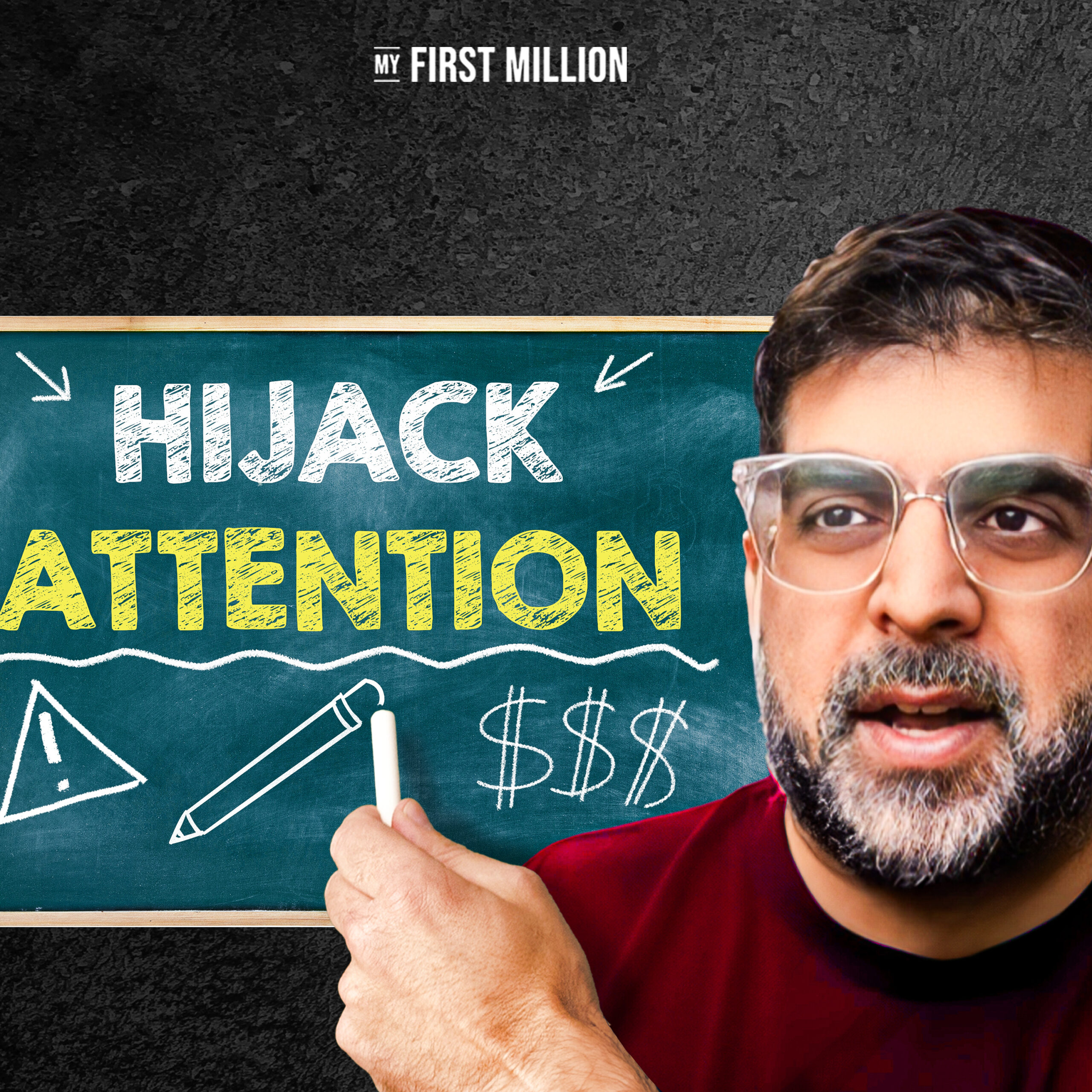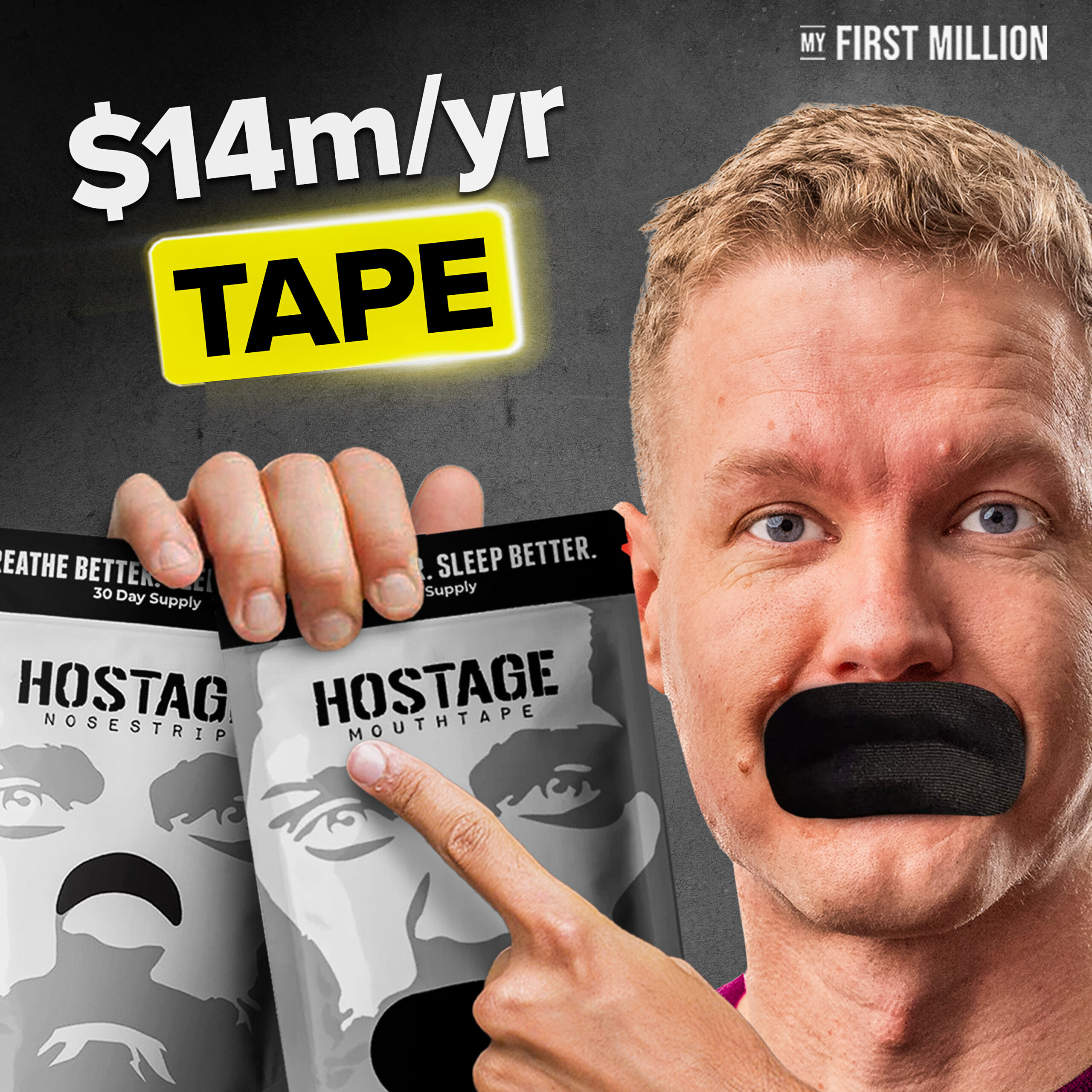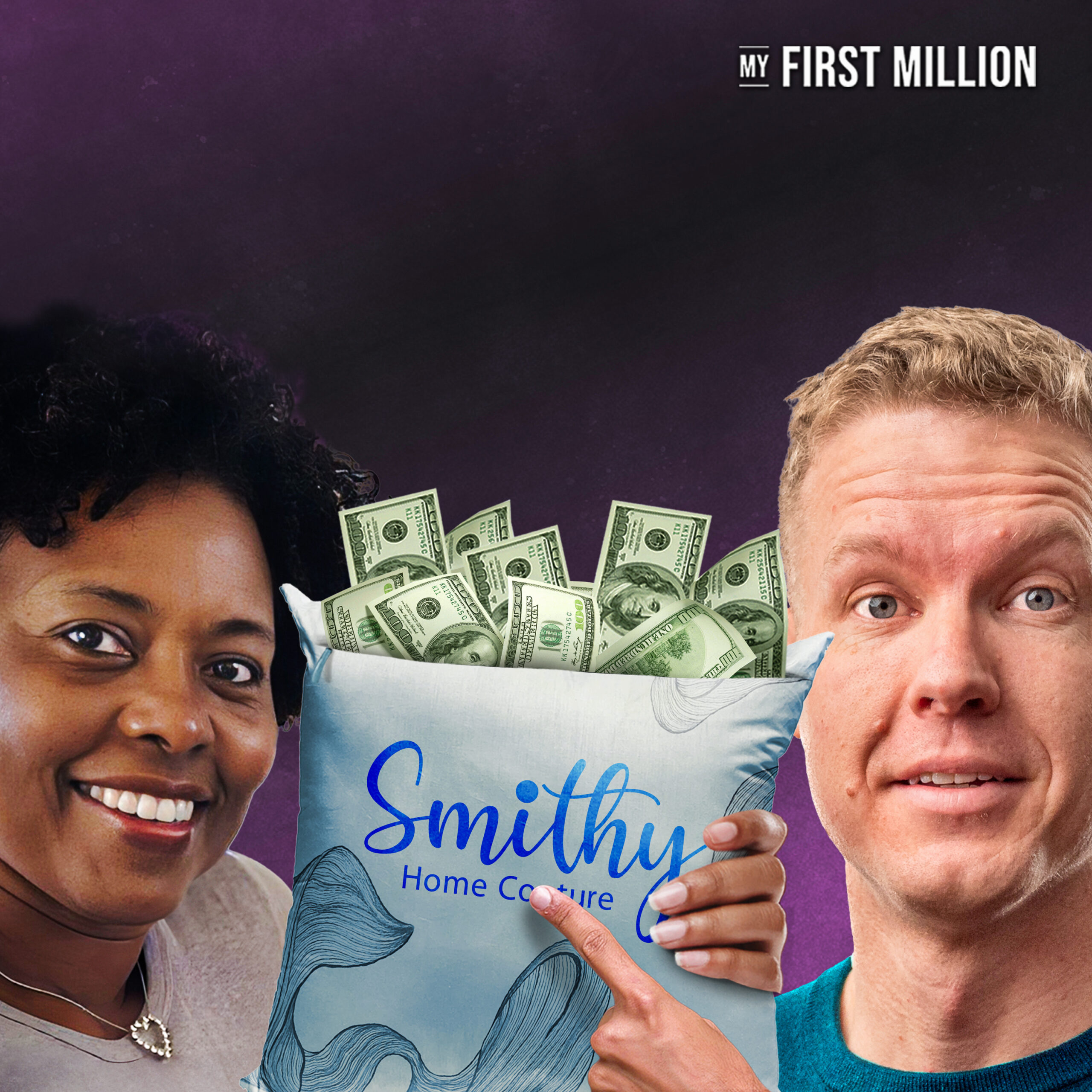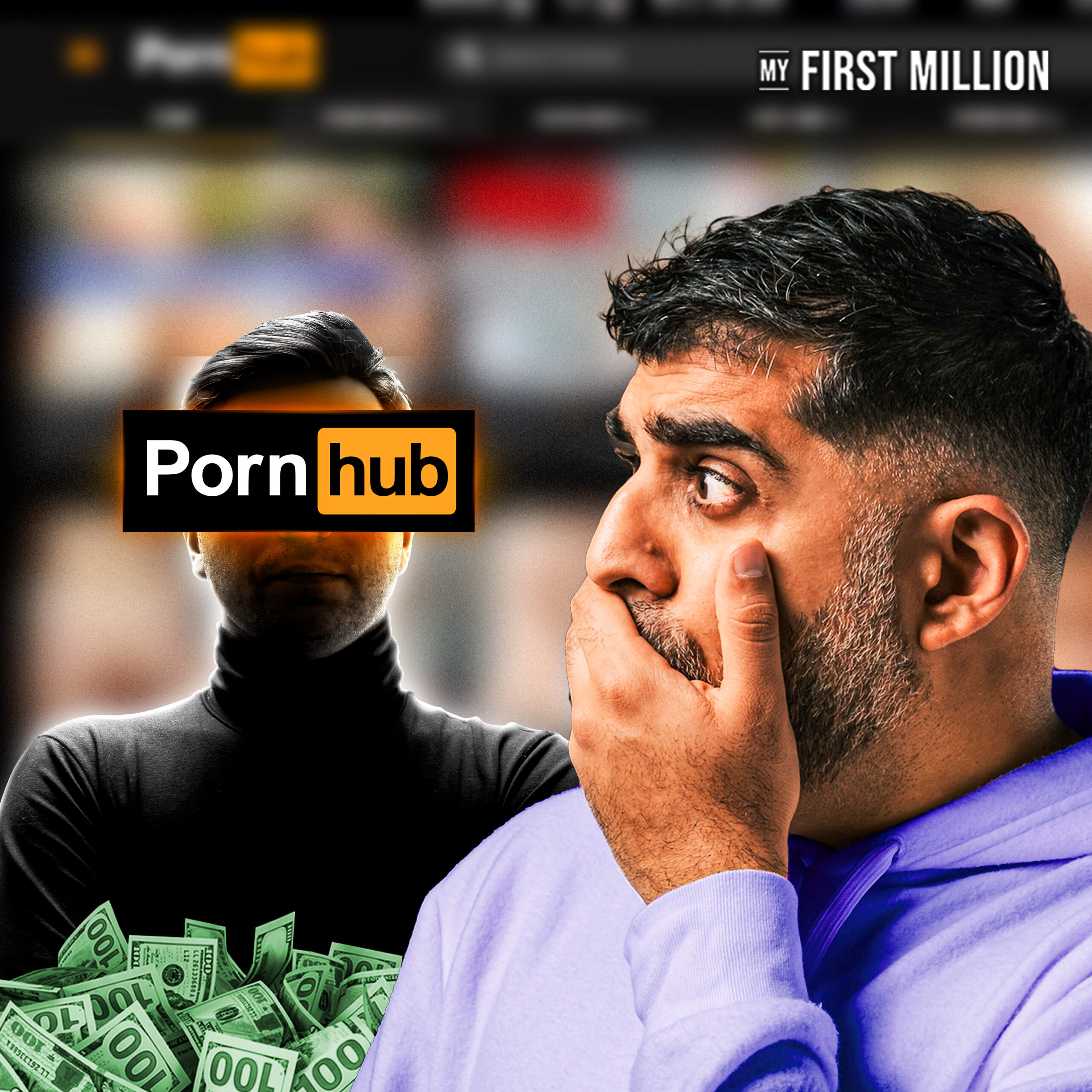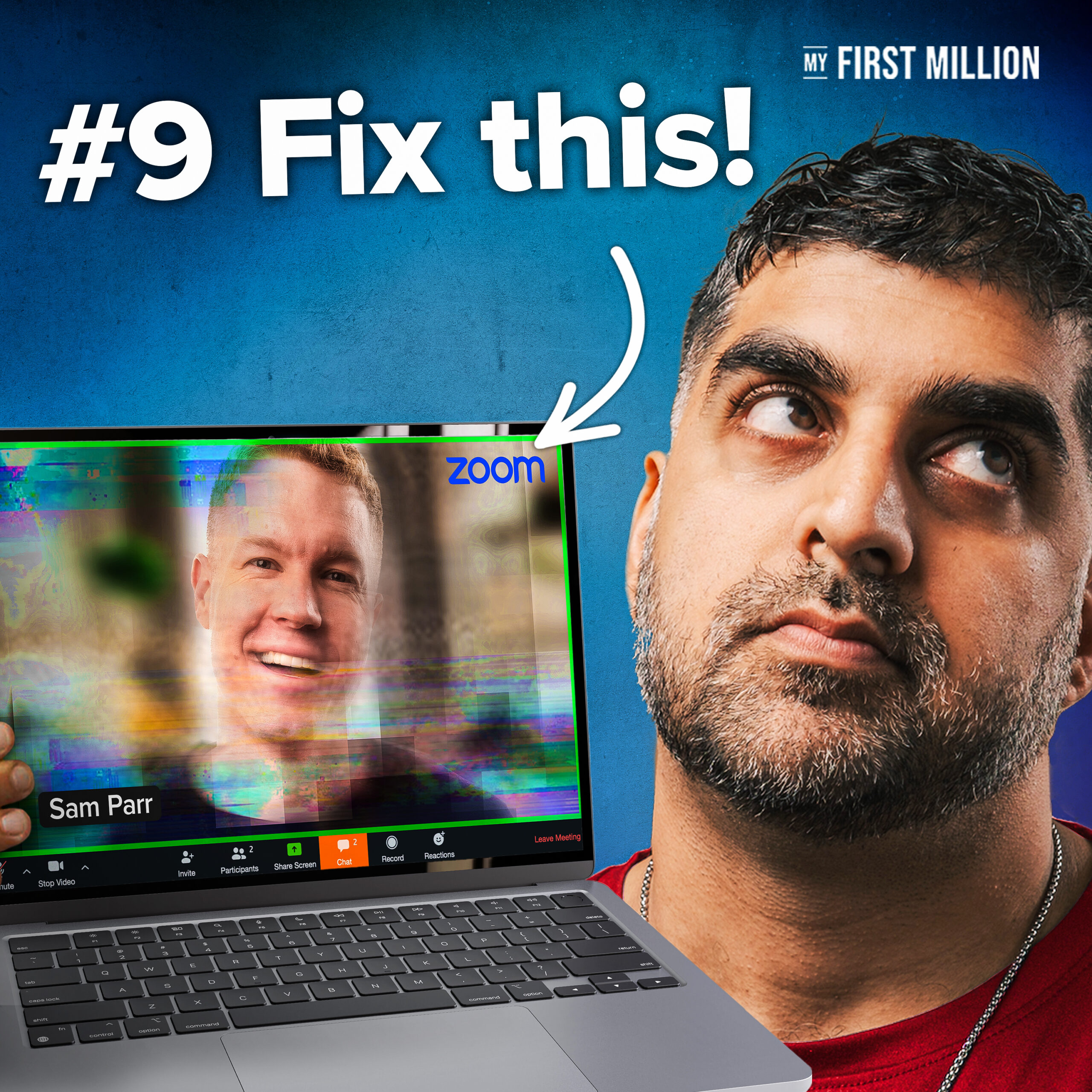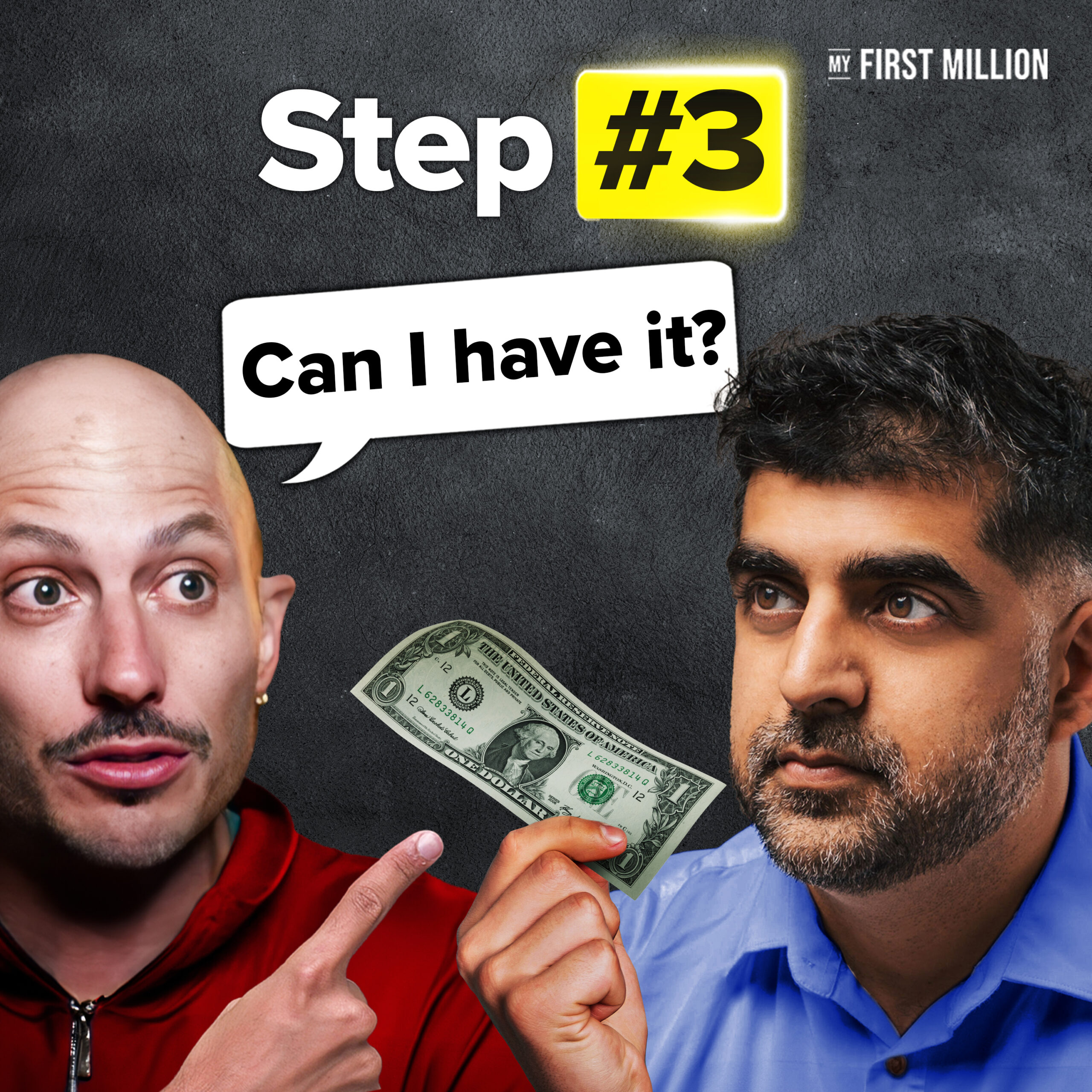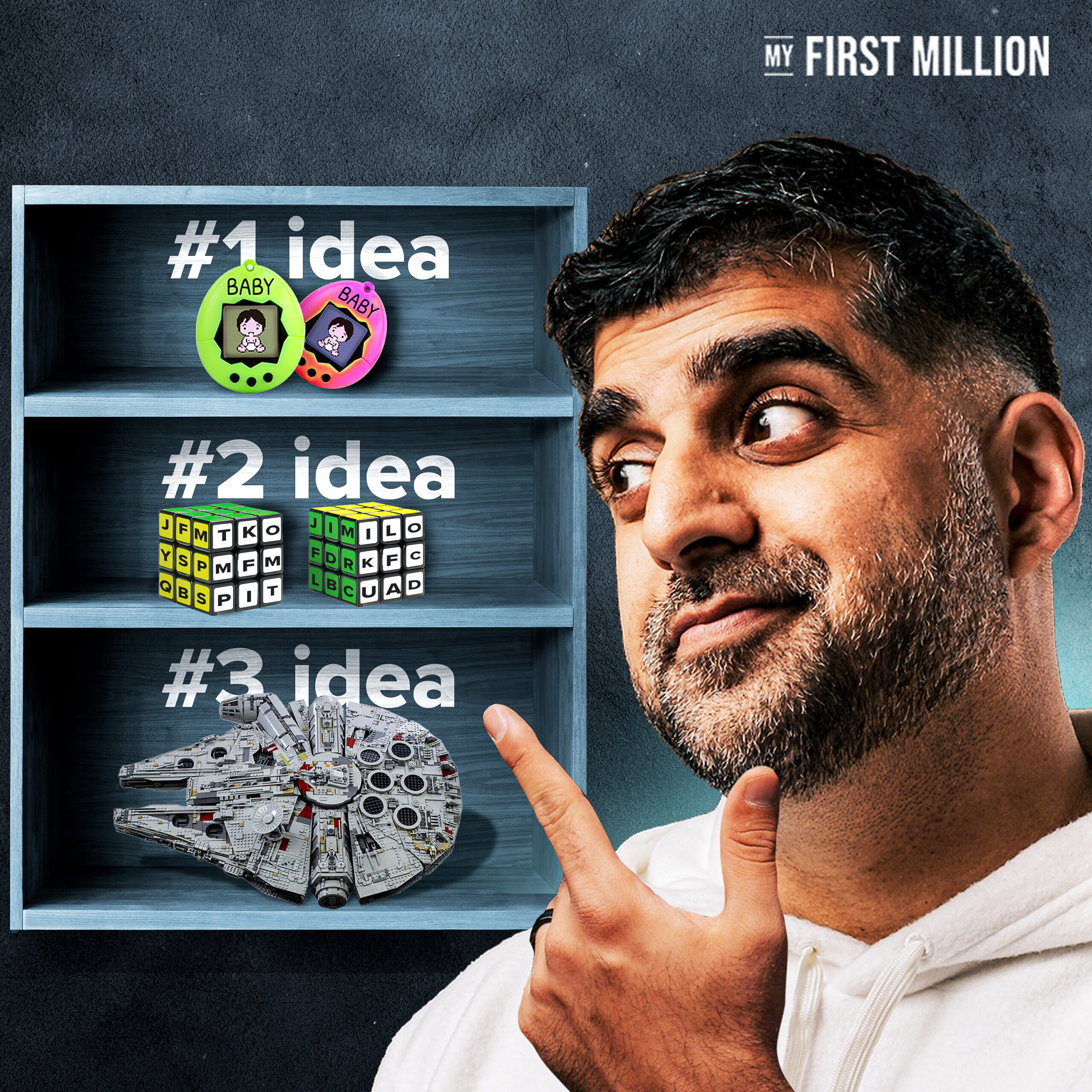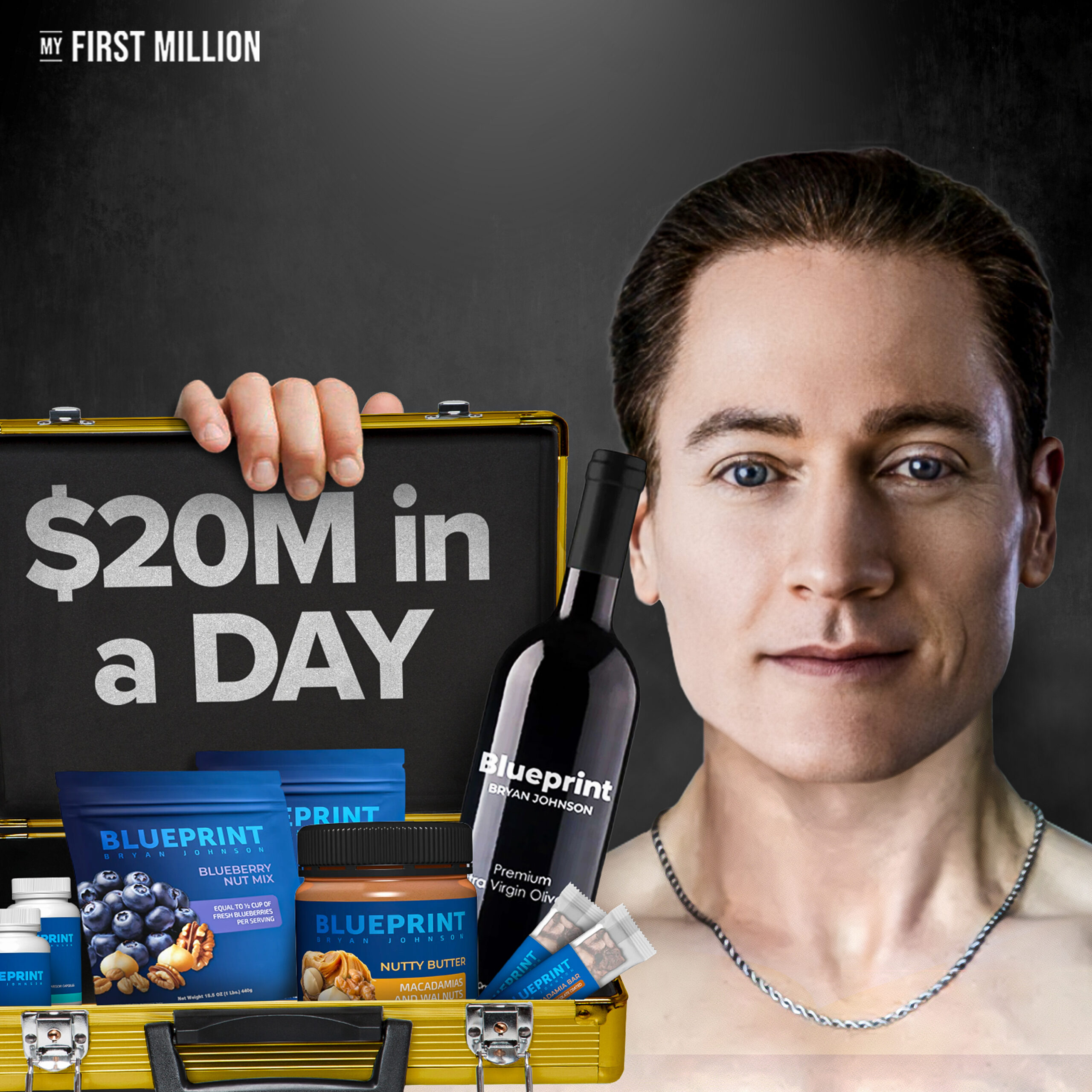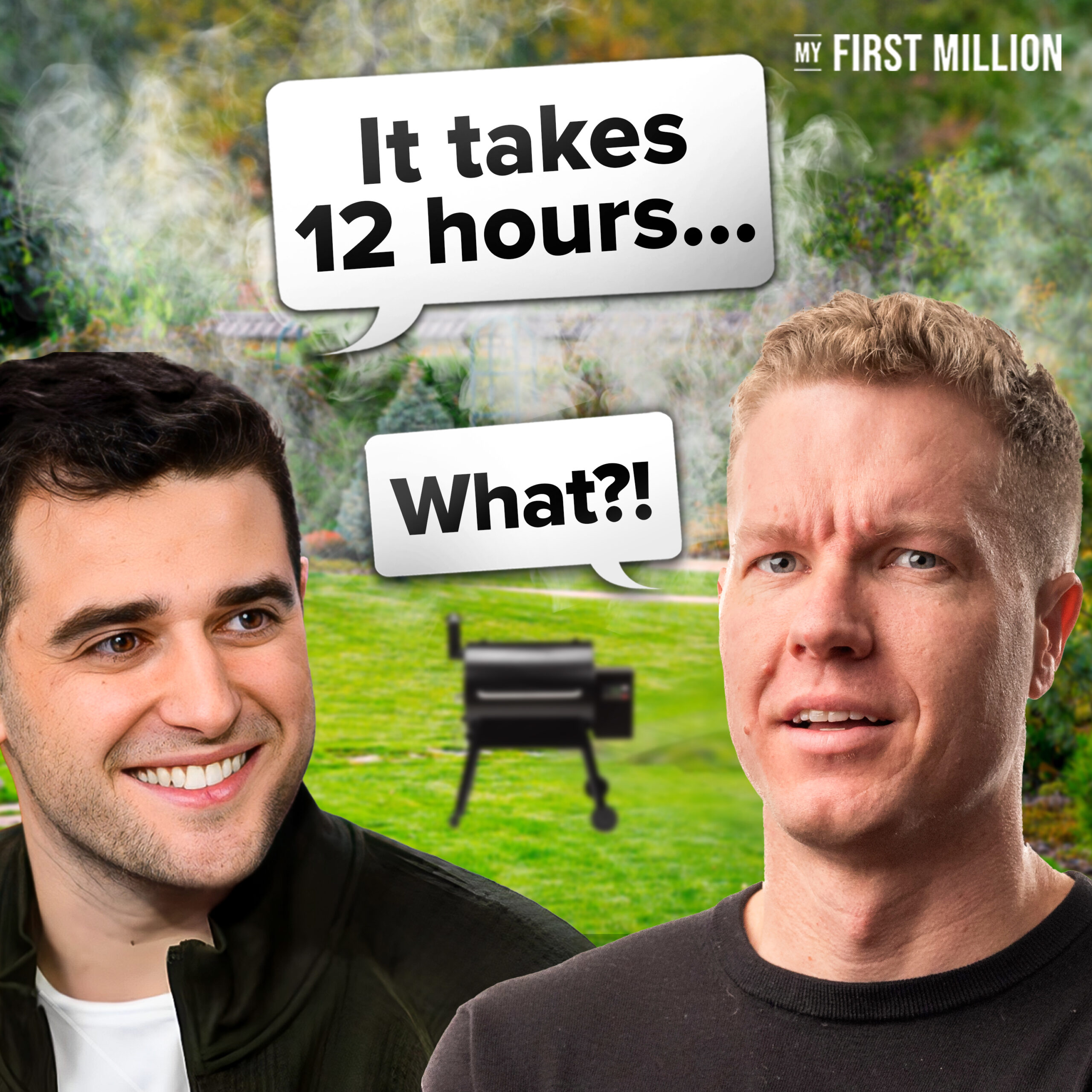Episode 562: Shaan Puri (https://twitter.com/ShaanVP) and Sam Parr (https://twitter.com/theSamParr) get into the economics of personality tests–including the ...
Episode 561: Shaan Puri (https://twitter.com/ShaanVP) and Sam Parr (https://twitter.com/theSamParr) tell the story of a niche plant blog becoming a $27M/yr ...
Episode 560: Shaan Puri (https://twitter.com/ShaanVP) and Sam Parr (https://twitter.com/theSamParr) break down the lawsuit between Elon Musk and Sam Altman. ...
Episode 559: Sam Parr (https://twitter.com/theSamParr) talks to Ramit Sethi ( https://twitter.com/ramit ) about why buying a house makes zero financial sense. ...
Episode 558: Shaan Puri (https://twitter.com/ShaanVP) and Sam Parr (https://twitter.com/theSamParr) break down the 5 genius business tactics that have turned ...
Episode 557: Shaan Puri (https://twitter.com/ShaanVP) and Sam Parr (https://twitter.com/theSamParr) spent all week combing the Internet for the weirdest stuff ...
Episode 556: Shaan Puri (https://twitter.com/ShaanVP) and Sam Parr (https://twitter.com/theSamParr) try to outsmart ruthless investor, 83-year old Nancy ...
Episode 555: Shaan Puri (https://twitter.com/ShaanVP) and Sam Parr (https://twitter.com/theSamParr) break down the ruthless mindsets the top 1% of business ...
Episode 554: Shaan Puri (https://twitter.com/ShaanVP) and Sam Parr (https://twitter.com/theSamParr) brainstorming unicorn startup ideas with $1B founder Jason ...
Episode 553: Shaan Puri (https://twitter.com/ShaanVP) and Sam Parr (https://twitter.com/theSamParr) talk to Syed Balkhi about the business ideas he would go ...
Episode 552: Shaan Puri (https://twitter.com/ShaanVP) and Sam Parr (https://twitter.com/theSamParr) teach the 3-step writing framework that helped them build ...
Episode 551: Shaan Puri (https://twitter.com/ShaanVP) and Sam Parr (https://twitter.com/theSamParr) were wrong. How wrong? You’ll have to listen to find out. ...
Episode 550: Shaan Puri (https://twitter.com/ShaanVP) and Sam Parr (https://twitter.com/theSamParr) tell how Sam’s mother-in-law built a million-dollar Etsy ...
Episode 549: Shaan Puri (https://twitter.com/ShaanVP) and Sam Parr (https://twitter.com/theSamParr) bring you the first annual MFM Stock-a-palooza. Sam and ...
Episode 548: Shaan Puri (https://twitter.com/ShaanVP) and Sam Parr (https://twitter.com/theSamParr) tell you the greek tragedy behind the Pornhub empire. If ...
Episode 547: Shaan Puri (https://twitter.com/ShaanVP) and Sam Parr (https://twitter.com/theSamParr) are dropping 16 career principles that will get you ...
Episode 546: Shaan Puri (https://twitter.com/ShaanVP) and Sam Parr (https://twitter.com/theSamParr) talk to Noah Kagan ( https://twitter.com/noahkagan ) about ...
Episode 545: Shaan Puri (https://twitter.com/ShaanVP) and Sam Parr (https://twitter.com/theSamParr) brainstorm $100M retro business ideas: LEGO for adults, ...
Episode 544: Shaan Puri (https://twitter.com/ShaanVP) and Sam Parr (https://twitter.com/theSamParr) talk about Bryan Johnson’s $2.4M dollar day, Pieter Levels ...
Episode 543: Shaan Puri (https://twitter.com/ShaanVP) and Sam Parr (https://twitter.com/theSamParr) talk to Morning Brew founder Austin Rief ( ...
- « Previous Page
- 1
- …
- 11
- 12
- 13
- 14
- 15
- …
- 43
- Next Page »

